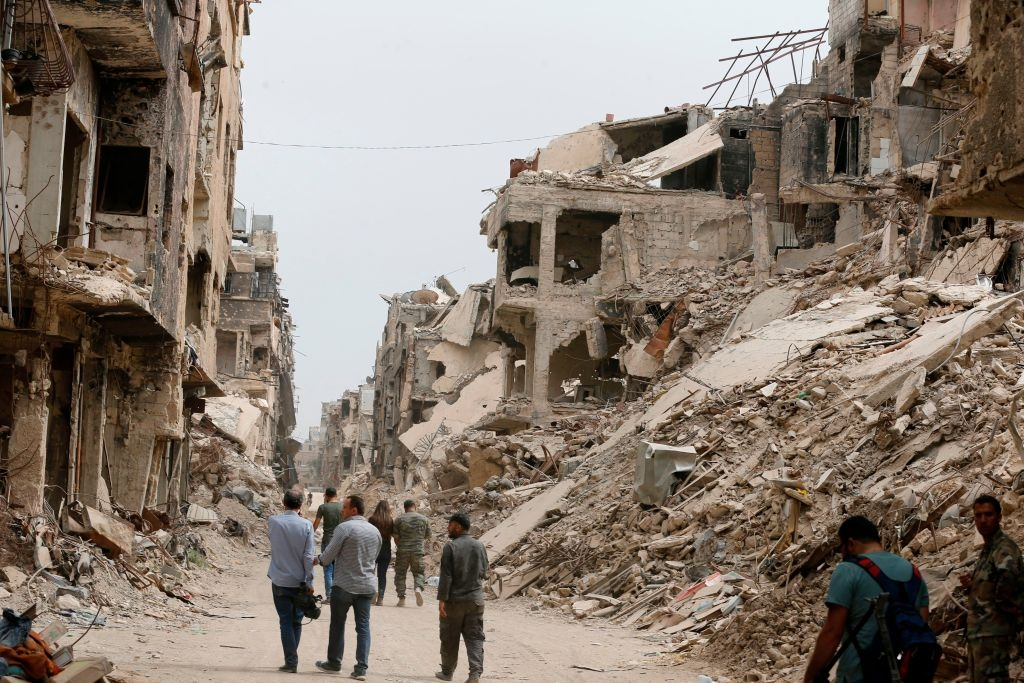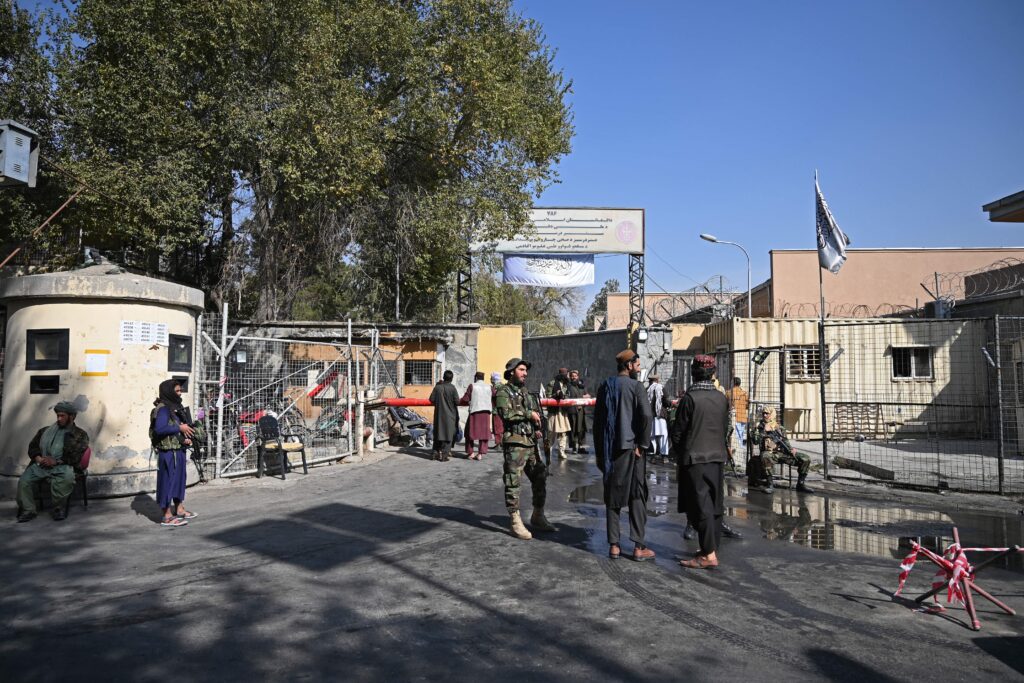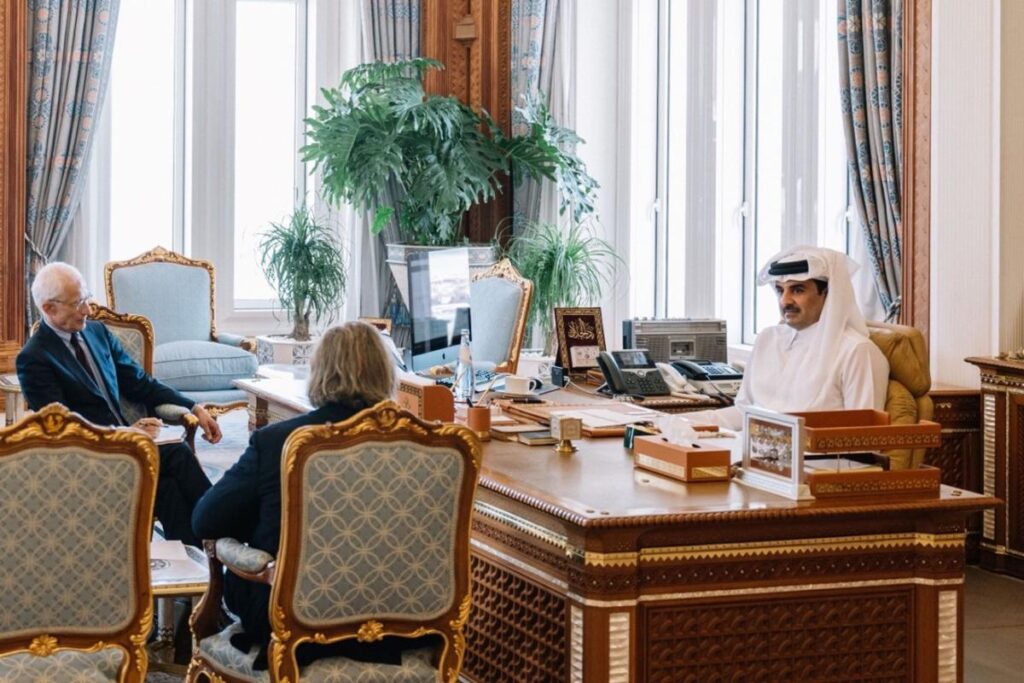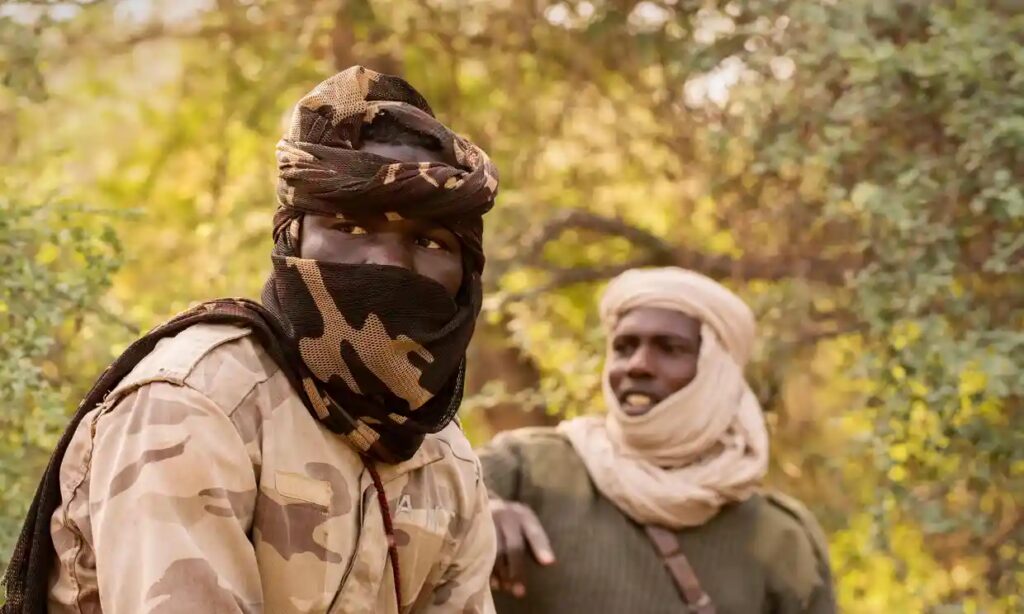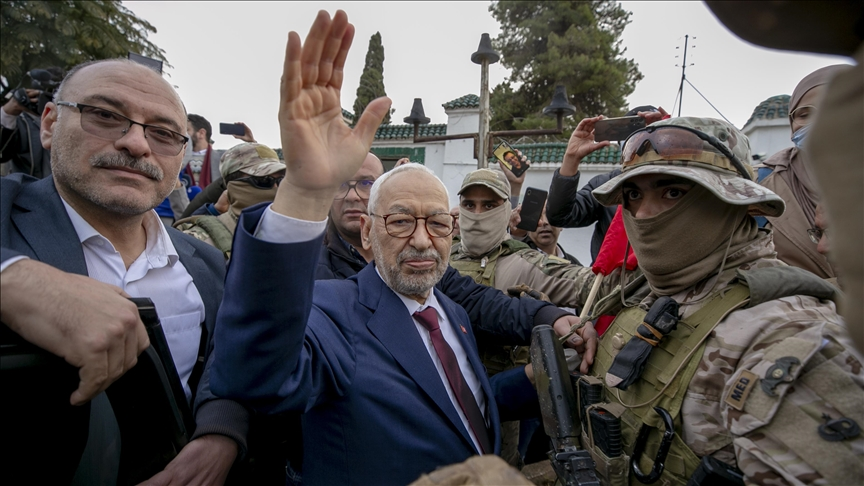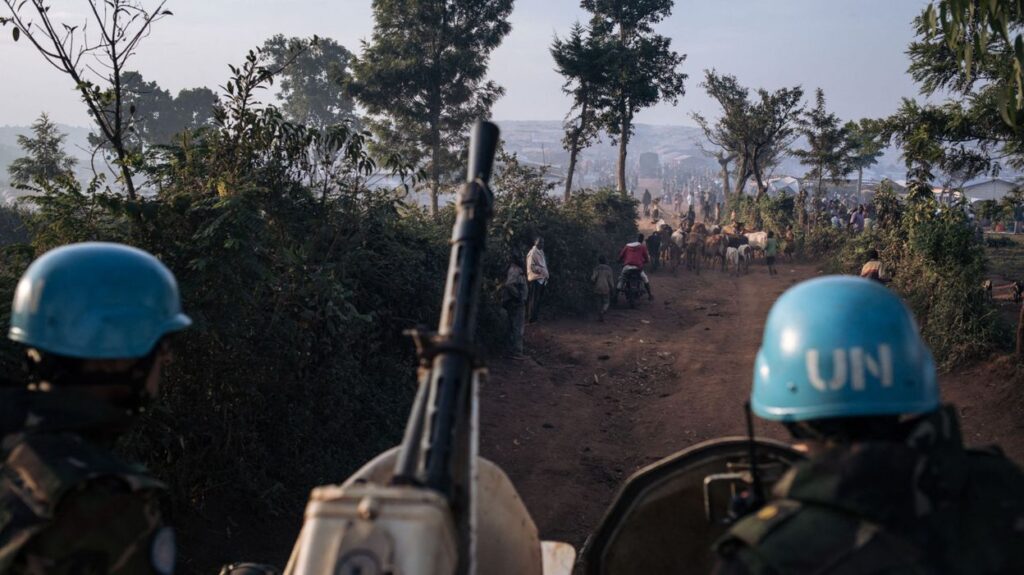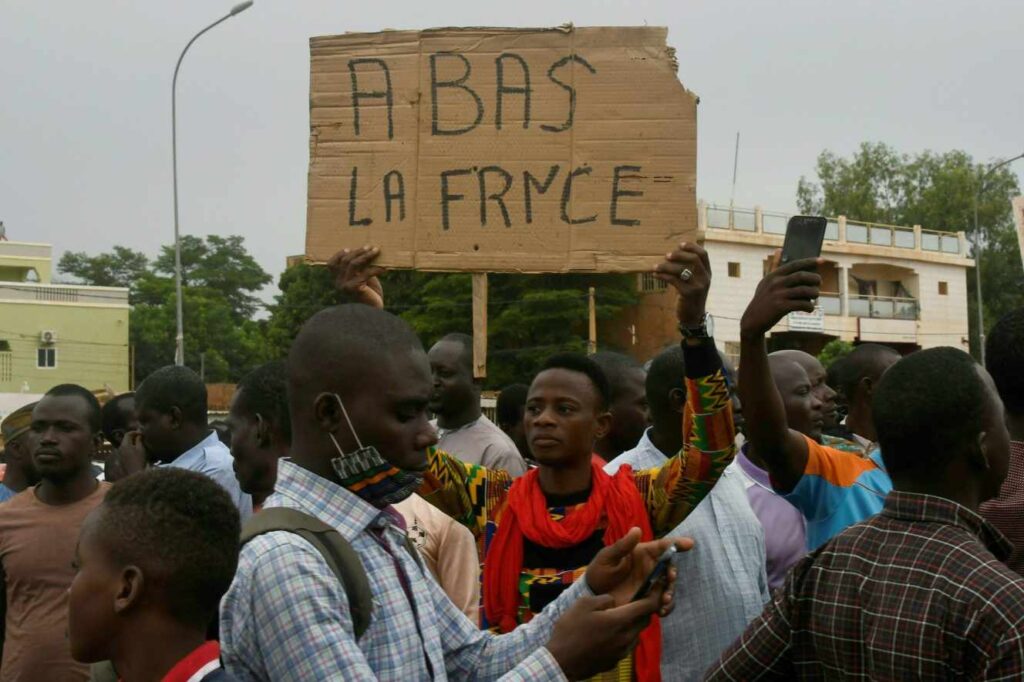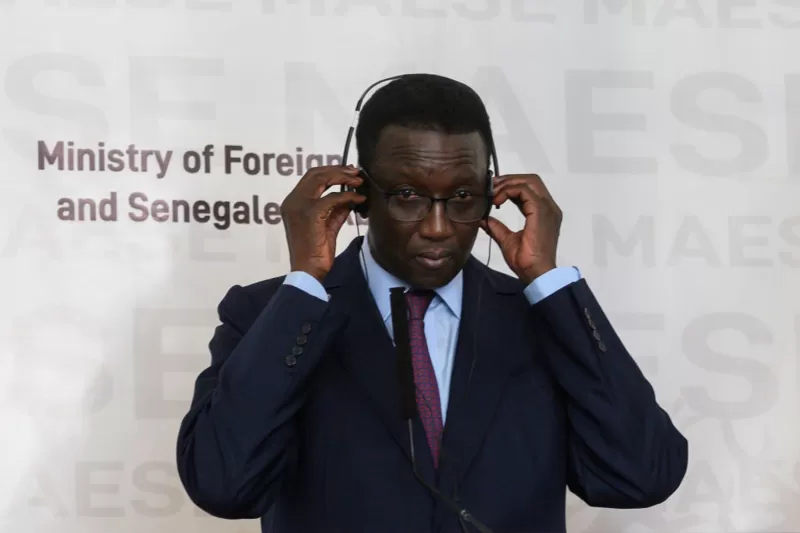Putin’s Next Move in Ukraine
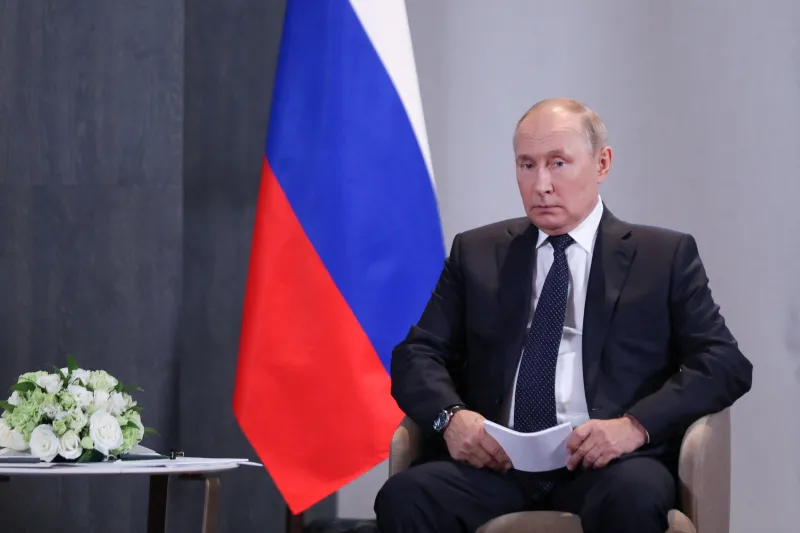
Mobilize, Retreat, or Something in Between?
For the first time in the war in Ukraine, Russian President Vladimir Putin must contend with the serious prospect of losing it. Early setbacks around Kyiv and Chernigov had been balanced by Russian gains in the south and the east; they could be justified as tactical retreats and thus as Russian choices, regardless of whether they truly were. By contrast, the near rout of Russian soldiers in the Kharkiv region on September 10—and the rapid reconquest by Ukrainian forces of territory spanning some 2,000 square miles in the east and south—clearly showed that Ukraine was on top and that Russian troops may continue to fall to future such offensives. Ukraine’s Kharkiv offensive destroyed the illusion of Russian invincibility. It has also heralded a new stage in the West’s expectations. Suddenly, Western leaders and strategists have been able to contemplate Ukraine gaining the upper hand in this war. This shift in perspective seems certain to unleash a new dynamic of military support for Ukraine. The argument that Ukraine should sue for peace, rather than keep fighting, has been refuted.

